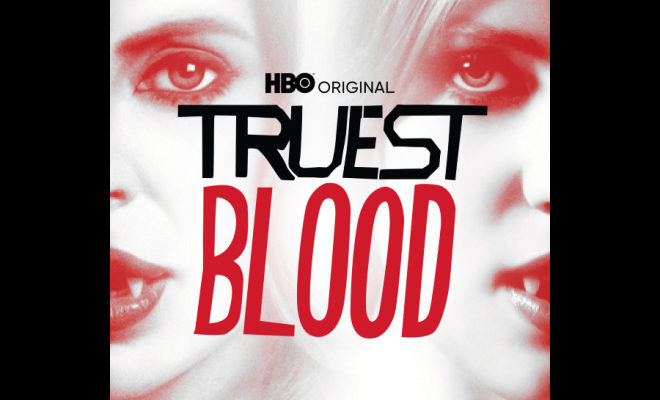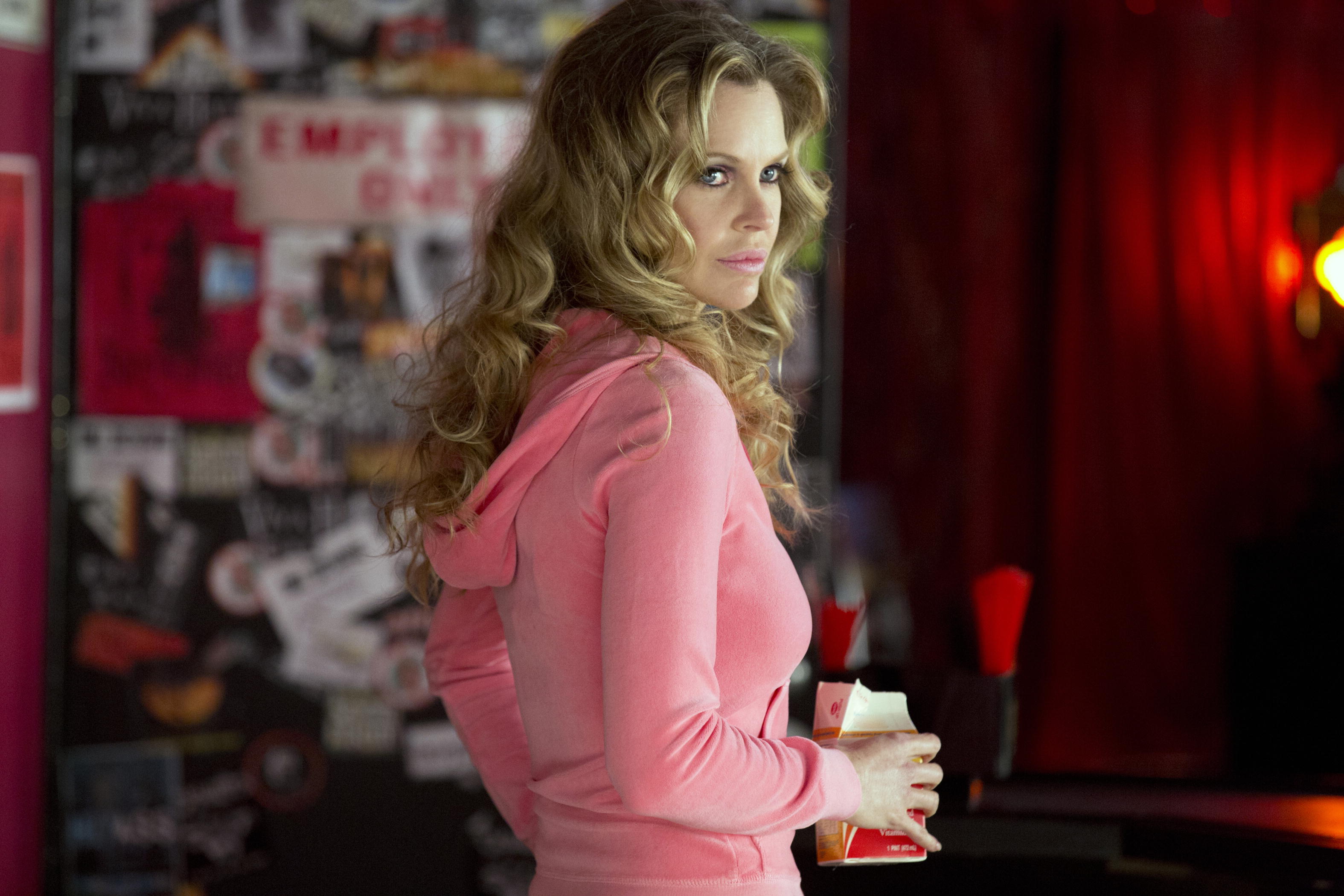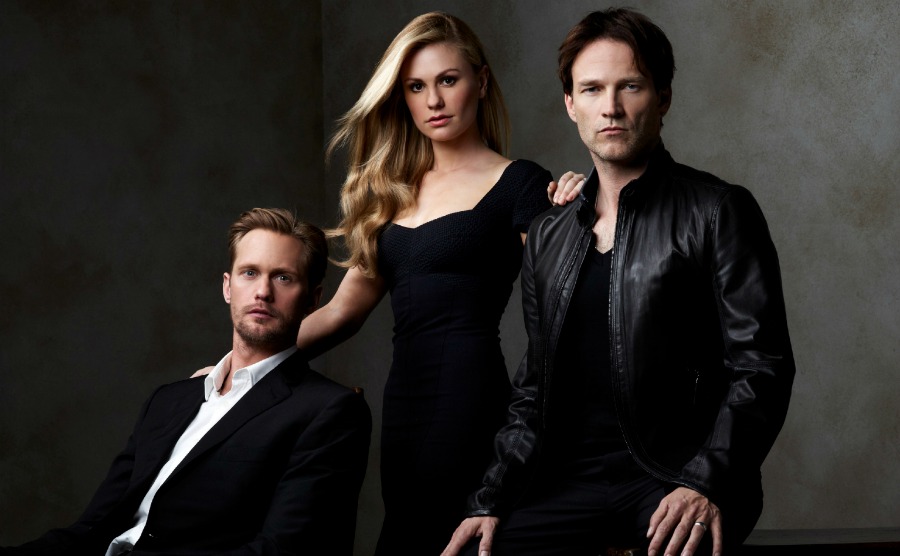The Power of Chant
After doing a lot of research and back tracking and conferring with the local Greek Orthodox pastor, this is the meaning of Maryann’s chant: Lo, lo, Bromios, Lo, lo, Dendrites, Lo, lo, Eleutherios, Lo, lo, Enorches.
Lo,lo, according to Father Georgios, is the same thing as saying come and listen, or hear my prayer. Bromios, Dendrites, Eleutherios, and Enorches are names and attributes of the god Dionysus. Bromios means boisterous, noisy, rowdy, which would have been the overall state of a reveler at a Bacchanalia. Dendrites denotes Dionysus connection to the trees, and with Dionysus being the god of fertility and agriculture, the call asks the god to come before them and replenish the earth and make it fruitful.
Eleutherios is freedom. The celebrants at the bacchanalia are asking Dionysus to free them from many things: hunger, infertility, and to free them from their personal restraints, making them more receptive to the god’s personal and sexual energy. To be free from social and sexual repression is to make the reveler open to physical communion with the gods and one another.
Enorches means dancer and the god would definitely love the revelers to dance. In fact the maenads have their own form of ecstatic dance, much like ritual dancing in many nature religions. This dance was meant to alter the mood and to elevate the senses and awaken the physical and spiritual self to communion with the divine and the rituals of the faith.
However, Enorches was also a character in Greek mythology who was also the son of Thyestes, a man with a deep history of incest. Enorches’ mother was also his aunt, Daeta. In addition to his sister, Thyestes fathered a child with his daughter and slept with his twin brother’s wife. Upon learning of this deceit, Thyestes’ brother killed Thyestes’ sons and served them to him as food. Does cannibalism sound familiar?
Sources: The Great World Myths by John Halstead and Father John Georgios, Pastor of St Gregory Greek Orthodox Church






2 Comments